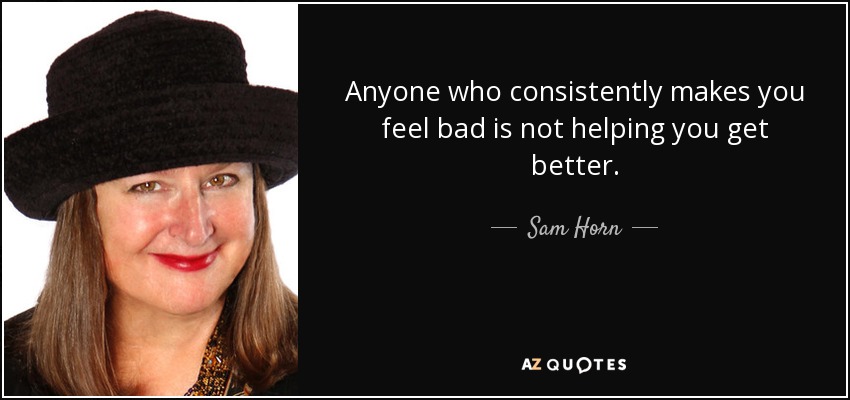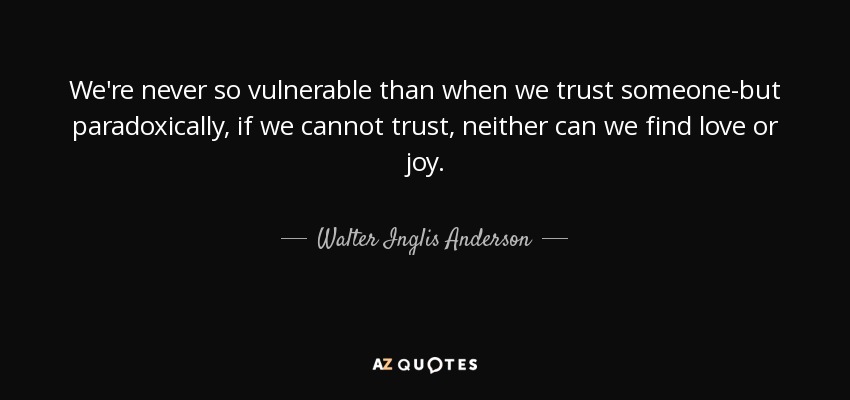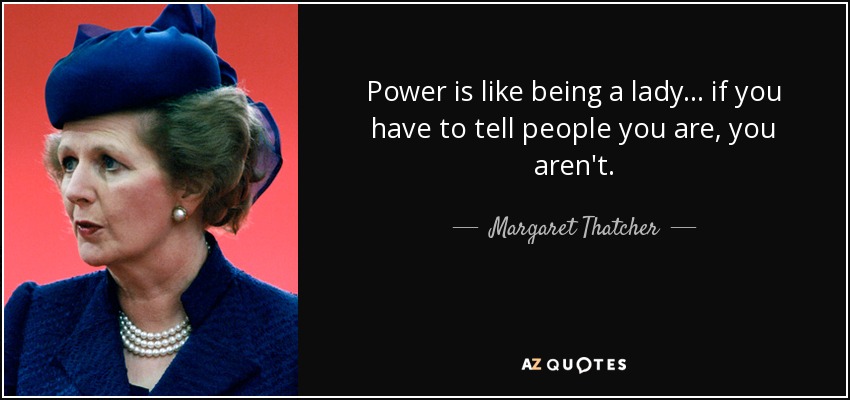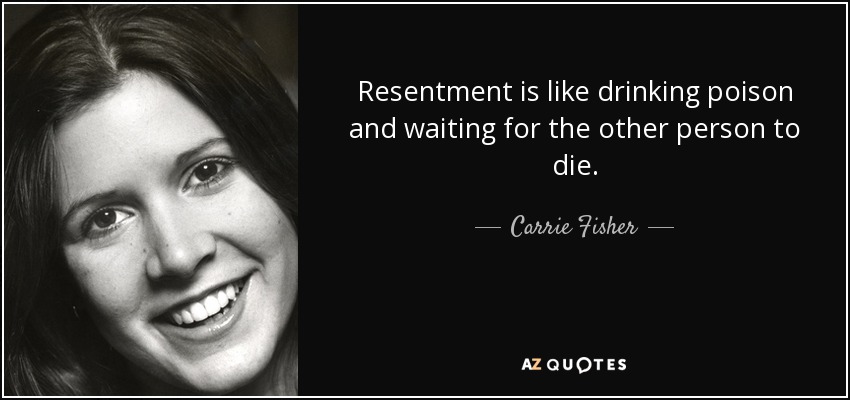Click here to return to Blog Post Intro
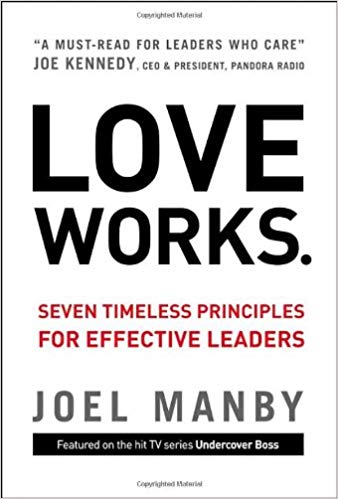
A Hard Day’s Night
It’s been a hard day’s night, and I’ve been working like a dog. – John Lennon & Paul McCartney
Love isn’t a feeling, but an action by which leaders and entire organizations can experience almost unimaginable success and personal fulfillment.
Some people think that leadership is only about the bottom line. Leadership is about the bottom line and…
- Loving the people you work with.
- Making your community a better place.
- Feeling a sense of satisfaction at the end of every day.
- Leading employees who can’t imagine working anywhere else.
The Jedi Masters
Do or do not. There is no try. – Yoda
Every organization has its Jedi masters. Herschend Family Entertainment’s are Jack and Peter Herschend. HFE needed to define its culture to teach others how to lead with love as Jack and Peter had taught by example.
In his farewell speech, Jack said, “We must never lose sight of the three main Herschend Family objectives: (1) a specified growth in profit sot it’s a ‘great long-term investment’; (2) to be a ‘great place to work for great people’; and (3) to ‘lead with love.’”
Agape love is the foundation for the best and noblest relationships that humans are capable of. Treating someone with love regardless of how you feel about that person is a very powerful principle. It is deliberate and unconditional love that is the result of choices and behaviors rather than feelings and emotions.
The seven principles outlined below are paraphrases of 1 Corinthians 13, a letter written two thousand years ago known as the “Love chapter.” (1 Corinthians 13:4-7)
1. Patient: Have Self-Control in Difficult Situations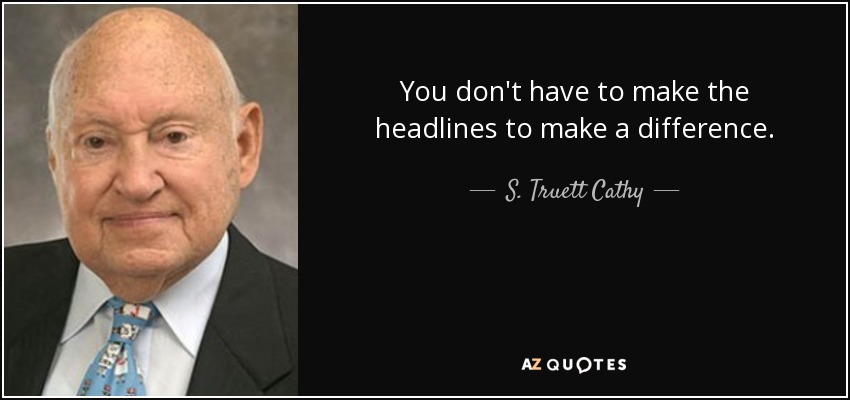
Patience is mentioned first in 1 Corinthians 13 for a reason. As an attribute of human character, it is usually underappreciated and undervalued. (Check out my recent summary of Max Lucado’s Anxious for Nothing.)
But be careful with this. Don’t be patient with poor performance. Be patient with how you respond to poor performance. We all need to be held accountable, and as leaders we are responsible to hold others accountable. However, whenever possible reprimands should be given in private, and it should be given in a way that maintains a person’s dignity.
As business leaders, we can never forget the necessity of admonishing. Leading with love is not an excuse to be “soft” on people. At the same time, we must always admonish with patience and respect.
Leading with love requires patient praise. To be effective, praise must be legitimate and pointed.
Jack and Peter taught the value of balancing praise with admonishment. They praise about three times more than they admonish. You always leave a conversation with them feeling positive, even if they have asked for improvement.
Here are some pointers for how every leader should approach criticism:
- Admonish in private whenever possible.
- Be stern but avoid malice.
- Be specific.
- Get people “back on the horse” with pointed praise.
- Move on without a grudge.
2. Kind: Show Encouragement and Enthusiasm
Expressing kindness is one important way a leader can help employees overcome life’s challenges. Kindness doesn’t mean being nice all the time; leaders must hold people accountable.
Consider one Mom’s advice, “Every time you walk past someone, you have an opportunity to make their day better or make their day worse.” Making someone’s day better is contagious and increases the energy, effectiveness, and productivity in any organization.
Saturn taught Manby this principle: the enthusiasm of the guest experience can never rise any higher than the enthusiasm of your own employees.
Kindness is about intentionally creating and maintaining the right environment in your organization so frontline employees can deliver an enthusiastic guest experience.
The role of a CEO is Chief Encouragement Officer. Help break through the e-mail clutter and use handwritten notes of thanks. Begin each day reflecting on the previous day, thinking about what you want to reinforce, and consider notes of encouragement to your team members.
3. Trusting: Place Confidence in Someone
Since trust is at the heart of healthy relationships, businesses and individuals both flourish in an atmosphere of trust. (See my recent post on Trust: The Foundation of Relationships.)
Trusting the people we work with is crucial to building a climate of positive morale and successful performance.
Listening well is critical because it demonstrates trust and builds a team’s sense of camaraderie and cohesion. Interrupting others is a sign of distrust. When we interrupt or respond without taking into account of what others have said, we send several messages:
- My idea is greater than yours, so I don’t have to listen.
- Interrupting you is okay because your response isn’t that important.
- I’m not listening to you because I’m already preparing my response.
People want to be involved in decisions that affect them because they understand that participation is a sign of trust from leadership. Make sure the right people are involved in a decision using RACI:
- Responsible for the decision: Owns the recommendation—“the doer”
- Approves the decision: Owns the decision—“Buck stops here”
- Consult people who are directly affected by the decision—“Keep in the loop”
- Inform the rest of the team—“Keep in the picture”
By using the RACI approach, HFE effectively moved from being completely decentralized to centralizing decisions when it makes sense.
We think we want efficient organizations, but what we really want is effective organizations. When team members know they are trusted enough to be part of the decision-making process in advance, their support of the decision will be stronger and the implementation of that decision will be faster and more effective.
The total time required both to decide and implement is actually shorter when we involve the necessary team members. Jack & Peter modeled two key behaviors for trust-filled decision making:
- Let others make the decisions for which they are responsible.
- Avoid overruling decisions that have been made.
When Manby interviews a potential leader, he always asks, “Do you trust that employees will always do their best?” Leading with love isn’t possible if you don’t trust people.
4. Unselfish: Think of Yourself Less
Being unselfish doesn’t mean thinking less of yourself—it means thinking of yourself less. The difficult journey of life is to move from a selfish heart to a serving heart.
Leading effectively requires leaders to:
- Think of others
- Remind themselves that any leadership position is a gift
- Reject the rat race of chasing possessions
- Choose to be unselfish
The following principles will help you evaluate the best ways to “share it forward” in your personal life, which will position and train you to be a more unselfish leader in your organization:
- Treasure: Give a percent of your income off the top. Give before you spend.
- Talent: Give your skills to make the world better.
- Time: Give whatever you have been blessed with.
Giving often provides the giver with unexpected blessings—as well as making the world a better place. Giving time and talent to develop internal leaders is another important reflection of being unselfish in an organization.
Even unselfish leaders are crunched for time and treasure. Andy Stanley offers this principle, “Do for one what you wish you could do for everyone.” Andy chooses a few people to help at a deep, personal level.
Decide to decide less. Cultivate Socratic skills, including the following:
- Asking more questions to draw out and evaluate what other leaders are thinking.
- Facilitating team discussions to help identify problems and suggest solutions.
- Making the best decision possible after getting the input of the brightest minds most affected by the decision.
- Summarizing the discussion and attempting to build and maintain team unity.
Socratic leadership attracts and keeps stronger talent than autocratic leadership does.
5. Truthful: Define Reality Corporately and Individually
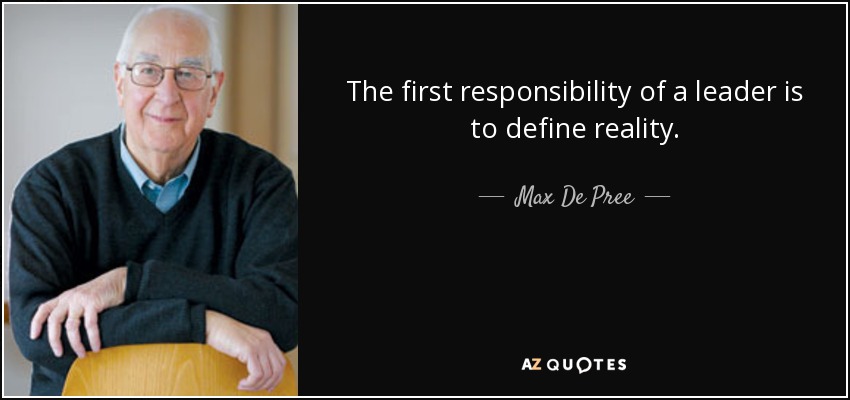
For leaders to thrive, they must define the truth of the organization’s real role in the marketplace and identify its weaknesses and strengths. They must establish how the organization will prevail against the negative forces it will face. In the same regard, a strong leader assures that the truth is communicated to every individual about his or her performance and how it can be improved.
Here are some steps toward achieving corporate truth—dealing with the realities of your organization:
- Don’t shoot the messenger.
- Don’t confuse disagreement with conflict. Healthy disagreement is needed to arrive at the best possible solution. McKinsey uses the phrase “cuss & discuss” to get at the truth. Peter’s son (Chris Henschend) said, “Let’s make it ‘fuss and discuss’—keep it family friendly!”
- Don’t assume people see it. Get all perspectives out on the table.
- Speak now or forever hold your peace. The leader speaks last on each issue, so he or she doesn’t influence the thinking of the team. The most junior in the room talk first.
If we love our team, it is critical that their talented voices are heard and their opinions are considered. Most people don’t leave because of poor performance; they leave because they don’t feel valued.
Leading with love means caring enough to give and solicit truthful feedback. Consider:
- “Same as”: Things you appreciate about other team members.
- “More of”: Things you’d like to see more.
- “Less of”: Negative things to reduce or eliminate.
If you encounter a situation where a person needs to be relieved of his or her job, speak the truth and protect the person’s dignity at the same time by taking the following steps:
- Ensure that the employee understands how serious the issues are before firing is an option.
- Handle the tough day in a dignified manner.
- Help the dismissed person get his or her life back on track.
- Be gracious. Being gracious in difficult times is part of leading with love.
Leadership is a lonely business. When we rely only on our own perspective, we miss our blind spots; and we will not improve over time. The more senior you are in the organization, the more difficult it is to get the truth about how you’re performing.
Be open to hearing the truth. No matter how you do it, find an accountability partner or partners in your life who will always tell you the truth about yourself. Character is the root of a leader’s success—and only our very closest friends can hold us accountable to the character we strive for and require to be quality leaders over time.
6. Forgiving: Release the Grip of the Grudge
The longer you hold a grudge, the longer the grudge has a hold on you. – Jeff Henderson, Buckhead Church
While holding a grudge can feel good, it doesn’t matter in the end—all that matters is how we respond.
How does a leader know when to forgive someone? Here are a set of questions used by Herschend Family Entertainment:
- Is this a one-time offense or a recurring theme? What is the person’s track record and reputation?
- What is the person’s self-awareness of his or her shortcoming?
- How does the person’s direct manager feel? We always try to let the person’s direct manager make the decision, even if the appeal comes to a senior leader since the direct manager is closest to the action.
- Give the offender the benefit of the doubt if you’re not sure, giving him or her another chance to make it right.
It’s better to be known for being slow to fire and quick to forgive instead of being quick to fire and slow to forgive.
7. Dedicated: Stick to Your Values in All Circumstances
I am in love with hope. – Mtich Albom, author of Tuesdays with Morrie
One of the primary roles of a leader is to give hope—through clarity of vision, mission, and values coupled with strong financial success. Employees feel hopeful and free when they know what is expected, what to deliver, and where the organization is headed.
Leading with love means we care about how people achieve their tasks, not only if they achieve them.
The fact that Jesus chose to embody his leadership on the night before his death by washing his “employees” feet represents a compelling example for every leader who has followed Him.
In addition to having “do” goals, it’s critical to define the values that will drive our lives—our “be” goals. We all have to-do lists, but how many of us have to-be lists? Most don’t—and the same is true for organizations.
Your “do” goals constantly change over time, while “be” goals should be timeless and rarely, if ever, change. Be goals represent the heart and soul of an organization—its culture.
A Choice You Can Make
It’s up to you. Even if your boss or senior leaders don’t support leading with love, you can make a difference.
Fewer than 10% of companies today have a clearly defined set of core values and behaviors to which employees are expected to adhere—“be goals” that are effectively integrated with their daily practices.
Joe Kennedy, CEO of Pandora and former Saturn sales and marketing manager in the 1990s said, “There are two essential activities that take time: developing an organization and developing a brand. Those activities are parallel and independent. Leadership is about teaching an organization what you stand for; brand building is about teaching millions of consumers what you stand for. Leadership and brand building require time, consistency, and constancy.”
Manby explains, “Humility is the eighth principle of leading with agape love that HFE leaders are asked to adhere to. We become humble only as we focus on others; and if we follow the seven words of love, we will become humble in the process.”
Defining the kind of leader you want to be instead of what you want to accomplish. When your personal values match your work values, you stand the best chance of being content. Having a single set of “be” goals at home and work provides something even more important than contentment; it gives an answer to why.

